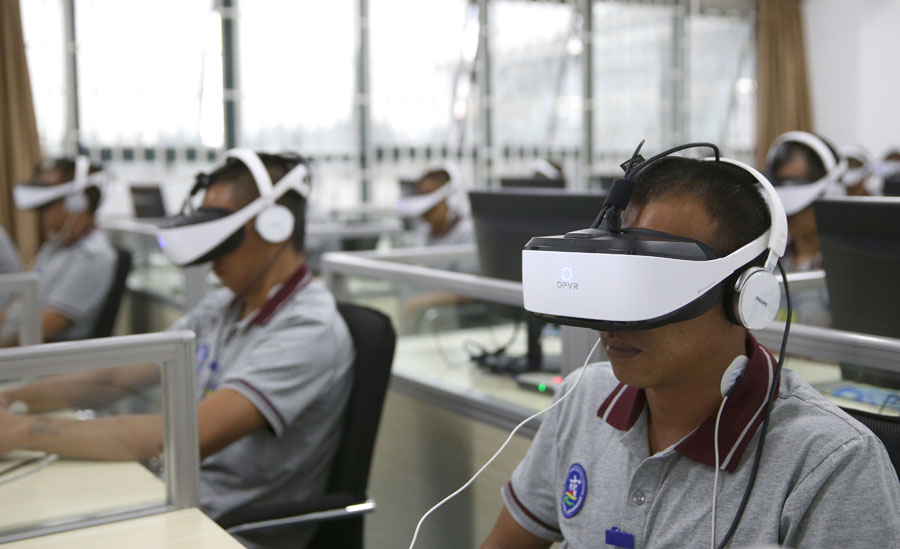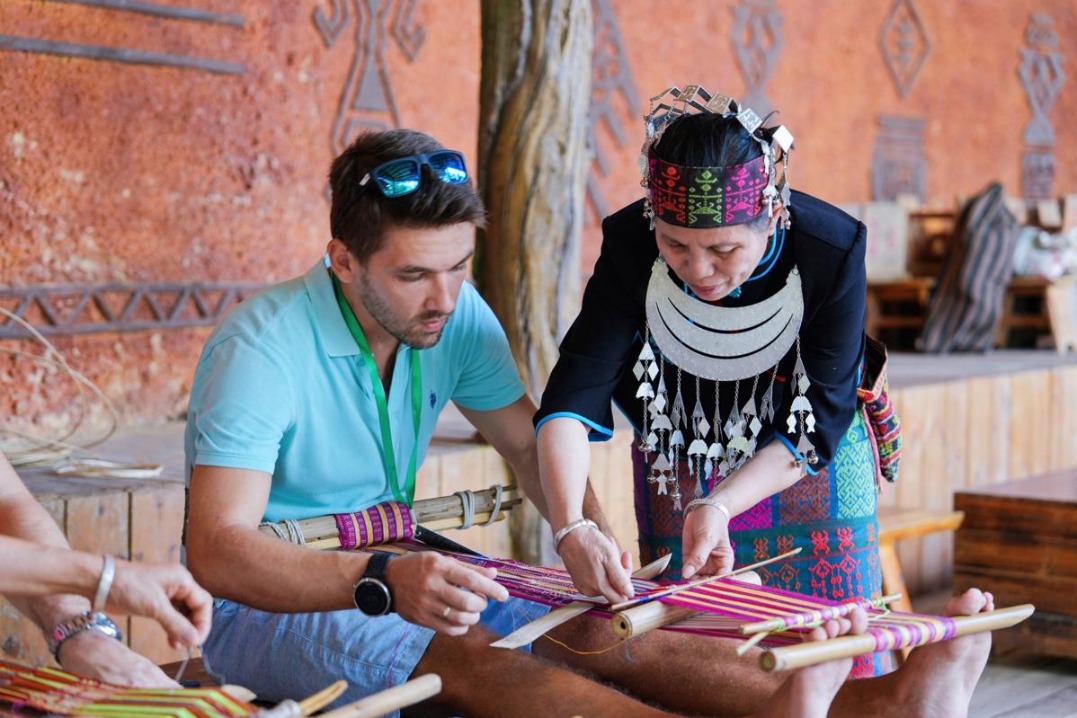Follow-up programs help addicts rejoin society


Tough road
Lin was one of the first people to receive help from the Yuxi follow-up program when it was launched in 2014.
Yang, the program head, remembers the first time she visited Lin's parents. They told her he often lay awake at night talking to himself, and he had typical addicts' traits, such as trembling hands.
Now, she usually takes a doctor to assess Lin whenever she visits the family.
"Lin's parents set a good example. They kept a close eye on their son and taught him to raise chickens for a living, but they are getting old, so I visit often to help them solve problems," she said.
Wang, the repeat offender, said, "When I left the rehab center again in 2018, I was 28 and felt useless."
Last year, he married a divorcee who has a 4-year-old son. "My family's support constantly reminds me to stay clean," he said.
Yang said, "Wang is becoming more willing to cooperate with me," adding that he discusses his condition with her and regularly visits the police station for urinalysis tests.
"Helping former addicts to better adapt to society requires help from everyone. We should not judge them too harshly," she said.
While Wang still hasn't found a full-time job, he occasionally earns money by installing lamps for people who buy fittings from a store owned by a friend.
Most of the time, though, he stays home, playing with his smartphone. Sometimes he goes fishing with his father.
He and his wife have decided to move to Guangdong province to look for work when his three-year period of post-rehabilitation ends.
Meanwhile, when Lin is not taking care of his chickens, he sits alone in the family courtyard or walks within his neighborhood. He rarely speaks to anyone.
























